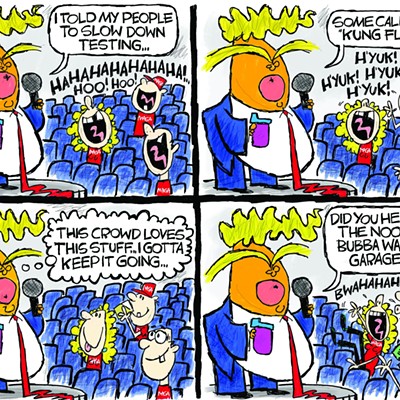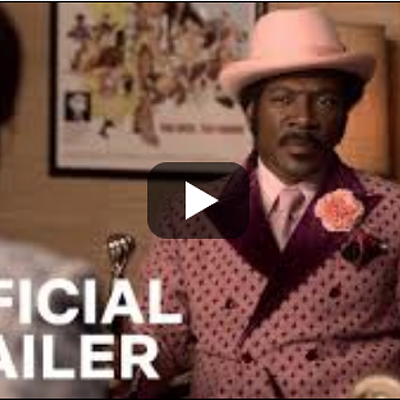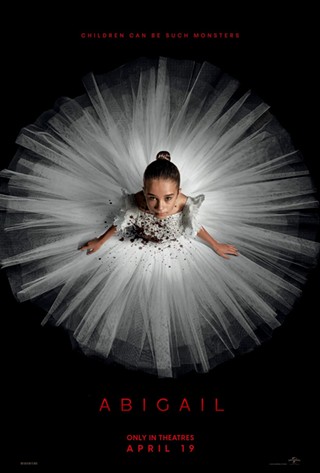For my part, I found his latest effort, Festival in Cannes, to be slightly more grating than colorectal surgery performed without anesthesia. If physicists ever discover the pretenson, the fundamental particle of pretentiousness, I'm sure that they would discover it flowing out of Jaglom's every orifice.
Like many of Jaglom's films, Festival in Cannes is about the movie business. For some reason, critics have found this kind of navel-gazing to be charming. Perhaps "charming" is a new synonym for "painfully self-involved."
The film is set at the Cannes film festival, where three women are discussing the script for a film they hope to work on. They are interrupted by one Kaz Naiman, who claims to be a producer who might be able to help them get their project off the ground.
Naiman is played by Zack Norman. Get it? Kaz Naiman/Zak Norman? Isn't that devilishly clever?
If those kinds of Sesame Street antics are your idea of intelligent filmmaking, you'll love Festival in Cannes. Like spelling a character's name backwards to get the actor who plays him, ideas in Festival are the barest skeleton of ideas, things a real writer would jot down as placeholders until he or she thinks up an actual concept.
This is most painfully clear in the script that Alice Palmer (Greta Scacchi) and her two friends are working on. The script is supposed to be deep and moving, but it's your basic Hollywood idea of what an artful film would be. Instead of having any kind of artistic angle or novel or interesting features, the script is good because it's about someone besides a policeman or a superhero.
Palmer pitches her movie to aging French actress Millie Marquand, who is thrilled with the deep and meaningful story. Unfortunately, Marquand is also being courted to appear in a Tom Hanks film with a $70 million budget.
We know this film is the antithesis of true art because, (a) it features Tom Hanks, and (b) it costs $70 million to make. Thus, Marquand must make the difficult decision between art and commerce. Does she dare sell out and join the Hollywood elite, or should she stay true to herself and take the part in the smaller, more personal and affecting and important and artful film of deep meaningfulness that means so much to her?
Since the dialogue has been non-stop and determinedly pretentious and boring up to this point in the film, the obvious answer is "who cares." Waiting for this film to end, I looked at my watch so many times that the observer effect nearly caused it to turn into a pure waveform.
I mean, really, if I wanted to hear pretentious, visually unappealing people say annoying things about their upcoming projects, I could just hang around my friends. These are exactly the kind of people I'm trying to get away from when I go to the movies. Rather than poorly improvised dialogue and a trite story that fancies itself somehow morally above the standard level of moviemaking, I'd like to see a well-polished script and a concept that hasn't been done to death by everyone from Preston Sturges to Stephen King.
Instead, Jaglom piles on the clichés, with a sleazy movie producer lying to his friends and betraying his lovers in order to get Millie Marquand in his movie, a young ingénue who is torn between stardom and being true to herself and an ambitious young assistant who uses his personal relations as business opportunities. It's all something out of a Busby Berkeley musical, minus the really cool dance scenes.
Jaglom does have a knack for getting good actors into his films, and there are some fine performances by Ron Silver as the evil producer, Greta Scacchi as screenwriter Alice Palmer and Maximilian Schell as an aging director. There are also some really painfully awful performances by Zack Norman as Kaz Naiman, Peter Bogdanovich as a Hollywood hack director (a role you'd think he'd be a natural for) and by newcomer Jenny Gabrielle as the young ingénue.
If all of the acting had been up to par, it might have been possible to sit through this film in spite of the horrors of the script and self-indulgent shallowness of the story, but there are too many scenery-chewers to even allow that small pleasure. Still, I should note that Jaglom has his hard-core fans, and I'm sure they won't want to miss this one. If you're one of Jaglom's fans, and you feel obliged to write and defend your idol, could you do me a favor and put "self-important middle-brow BS" in the subject line of your mail, so I know where to file it? Thanks.













